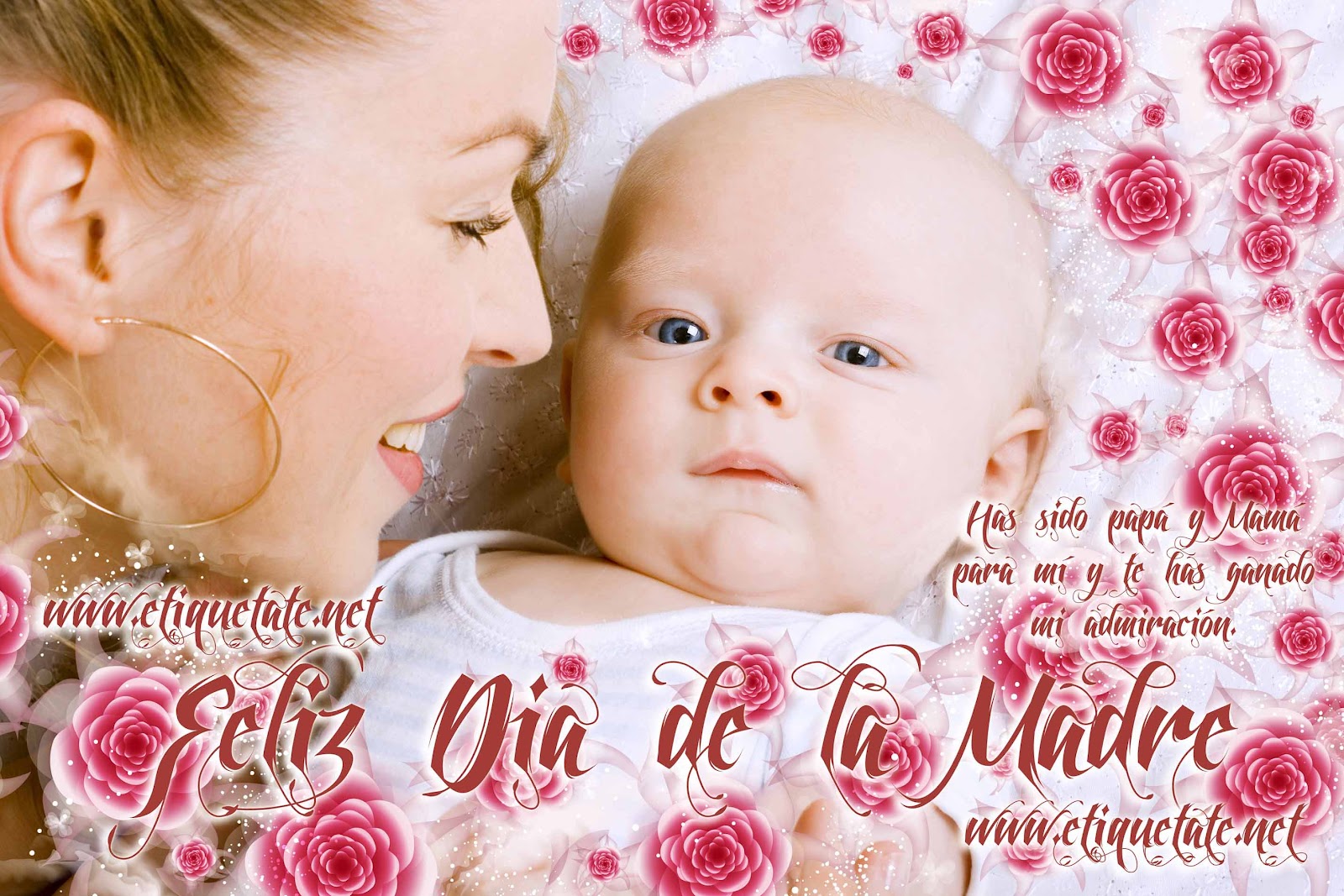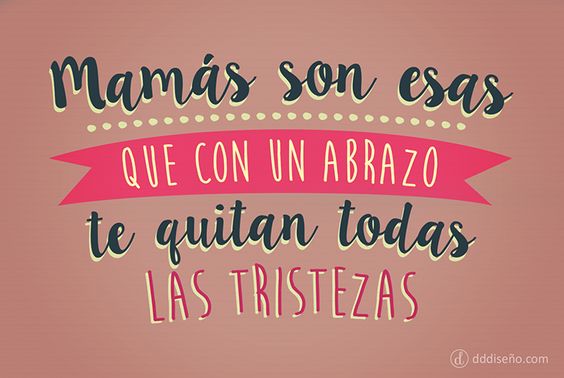

Without mothers there would be no life and mothers and their children often have an unbreakable bond that is carried throughout their lives. Is there anything better than a mother’s love? Some would argue no. Mother’s Day is in honour of the incredible women out there – the women who are selfless and loving in the pursuit of being a mom. We applaud them doing their best to bring their children along the right pathways. Our mothers have sacrificed so much for us – giving up opportunities and experiences to put us first. She is caregiver, provider, fighter and all-round wonder woman beauty, grace and everything in-between. It is incredible to have a person in life that we are able to trust without doubt or boundaries a mother is exactly that to us.Ī mother is a source of strength, and a root to our choices. The combination of love, compassion and kindness a mother contains outshines the moon and stars. As we grow, our moms grow with us holding and moulding, as we both become the people we were set out to be.

It teaches, and allows for teaching at the same time. The motherhood is truly the most beautiful, selfless role to hold in life. Our moms teach us about life they are there for us through the hardest and happiest times – never judging or intending to hurt. The love and bond between a mother and child is unbreakable – it is a connection so deep and true that almost nothing can come between it. She sets the tone and standard for ideas and future goals showing us what’s important, and what we can look past. It is the day where we recognise, emphasize and glorify the unique part a mother plays in our lives.Īs we get older, the structure in the relationship changes, but the love remains the same.Ī mom is a sincere friend, companion, and often the person we aspire to be like. 2013 80:S45.Mother’s Day is a sacred occasion. Poststroke spasticity: Sequelae and burden on stroke survivors and caregivers. Centers for Disease Control and Prevention. Physical Activity Guidelines for Americans.Sleep in caregivers: What we know and what we need to learn. Informal caregiving and its impact on health: A reappraisal from population-based studies. Common caregiver issues and nursing interventions after a stroke. Don't hesitate to mention any concerns or symptoms you have. Make sure to tell your doctor that you're a caregiver.

Get recommended vaccinations and screenings. If you have trouble getting a good night's sleep, talk to your doctor. Not getting quality sleep over a long period of time can cause health issues. Many caregivers have issues with sleeping. For example, set goals to establish a good sleep routine, find time to be physically active on most days of the week, eat a healthy diet and drink plenty of water. Set aside time each week for connecting, even if it's just a walk with a friend. Make an effort to stay well-connected with family and friends who can offer nonjudgmental emotional support. A support group can also be a good place to create meaningful friendships. People in support groups understand what you may be going through. A support group can provide validation and encouragement, as well as problem-solving strategies for difficult situations. Caregiving services such as transportation, meal delivery or housekeeping may be available. Many communities have classes specifically about the disease your loved one is facing. Find out about caregiving resources in your community. Begin to say no to requests that are draining, such as hosting holiday meals. Prioritize, make lists and establish a daily routine. Break large tasks into smaller steps that you can do one at a time. Believe that you are doing the best you can and making the best decisions you can at any given time. It's normal to feel guilty sometimes, but understand that no one is a "perfect" caregiver.

For instance, a friend may offer to take the person you care for on a walk a couple of times a week. Be prepared with a list of ways that others can help you, and let the helper choose what he or she would like to do.


 0 kommentar(er)
0 kommentar(er)
